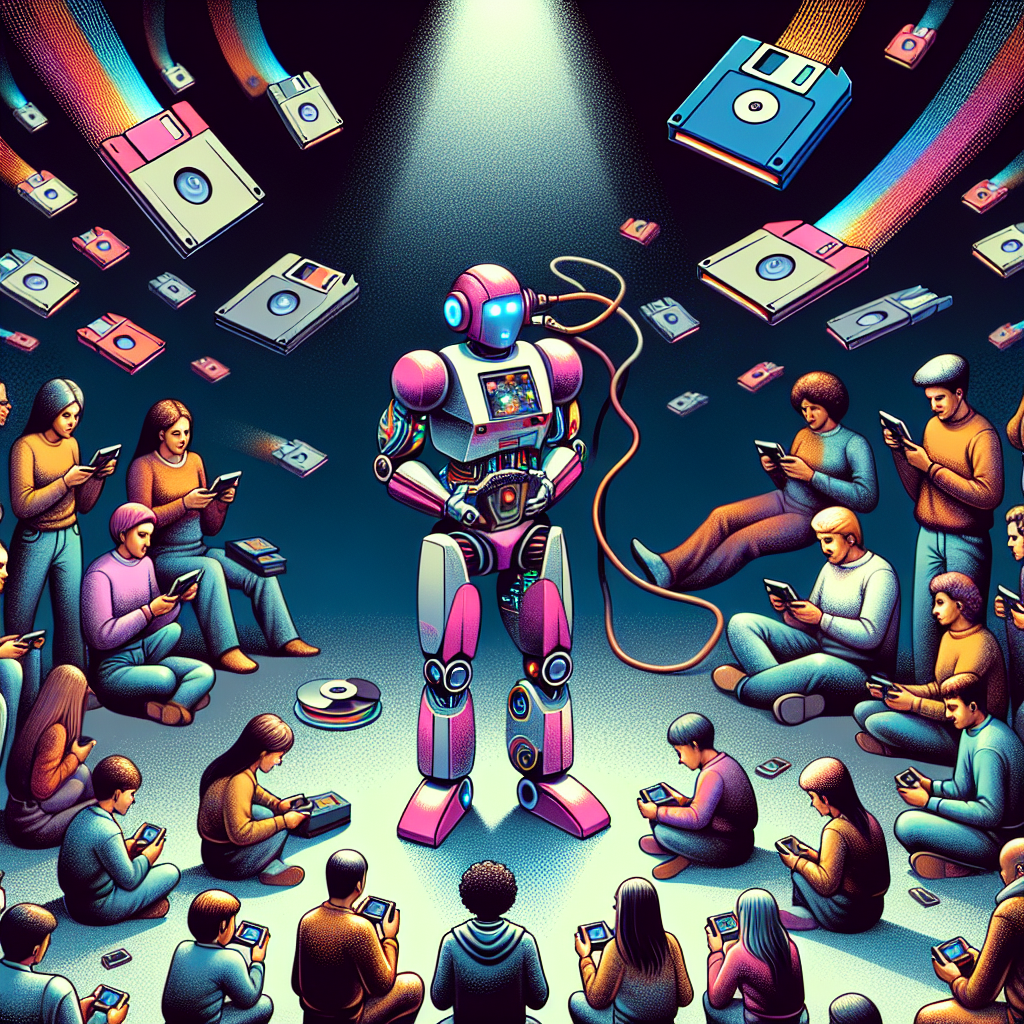Meta’s Perspective on AI: A Reflection of Past Tech Panics
Amidst the escalating discourse surrounding the use of artificial intelligence (AI), Nick Clegg, the president of global affairs at Meta, steps forward to offer reassurance. Drawing parallels to the moral panic that once surrounded video games, Clegg suggests that the current concerns over AI may be similarly overblown.
The Historical Context of Technological Fears
The apprehension towards new technologies is not a novel phenomenon. The 1980s saw a significant moral panic around the emergence of video games, with concerns about their impact on youth and society. This pattern of fear has been a recurring theme throughout history, with innovations such as the radio and the bicycle also facing their share of skepticism and resistance.
These historical instances serve as a reminder that society often greets transformative technologies with a mixture of curiosity and concern, a cycle that continues with today’s advancements in AI.
The Real Impacts of AI
The potential negative impacts of artificial intelligence are a growing concern, with issues such as job displacement and the spread of misinformation at the forefront. Unlike past concerns over video games, the stakes with AI are perceived to be much higher. Here’s a comparison of AI concerns with past video game concerns:
| AI Concerns | Video Game Concerns (1980s) |
|---|---|
| Displacement of jobs due to automation | Perceived negative impact on youth behavior |
| Use of AI to create deepfakes and spread misinformation | Fears of violence and aggression from game content |
| Potential for AI to perpetuate bias and discrimination | Concerns about addictive nature of games |
These concerns underscore the need for careful consideration and regulation of AI technologies to prevent potential misuse and ensure they serve the public good.
Regulatory Responses to AI
In response to the complex challenges posed by artificial intelligence, authorities have begun to take action. The United States government, for instance, has put forth a blueprint for an AI bill of rights. This initiative aims to ensure that AI systems are designed and implemented in ways that are beneficial to society, safeguarding against the potential harms of the technology.
This proactive approach by regulators is indicative of a broader recognition of the need for oversight and ethical guidelines in the rapidly evolving field of AI.
Embracing AI with Caution
As we stand on the brink of a new era shaped by artificial intelligence, it is crucial to proceed with caution. The lessons of the past urge us to consider the implications of AI with a critical eye, ensuring that as we harness its potential, we also safeguard against its risks. Embracing AI responsibly means being vigilant and proactive in addressing the ethical and societal challenges it presents.

